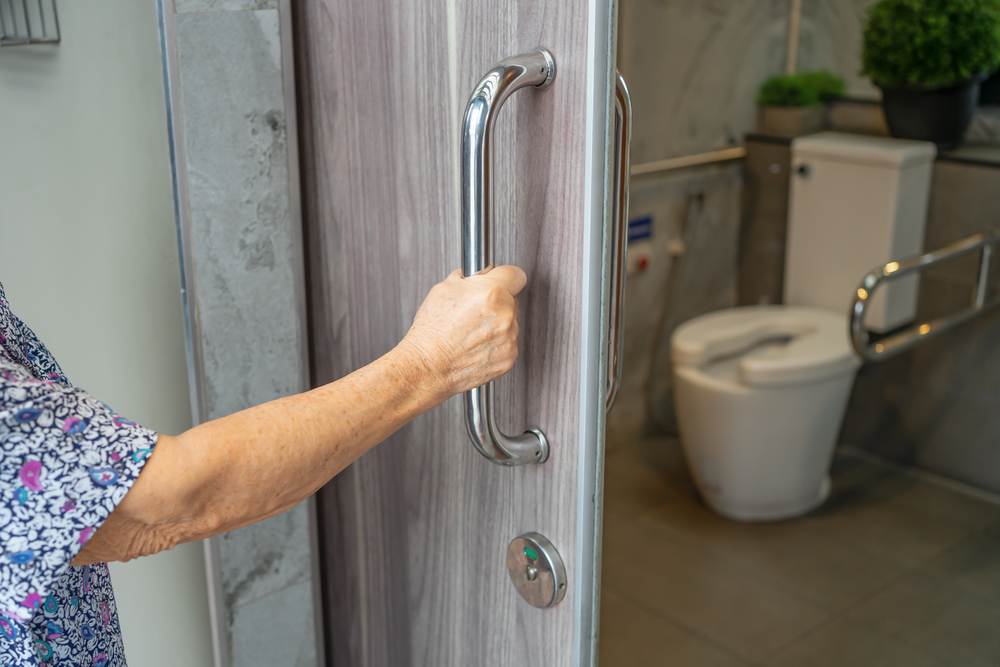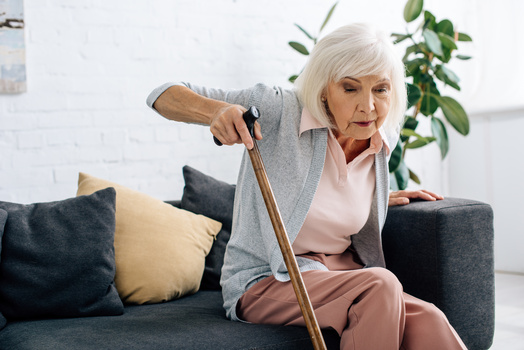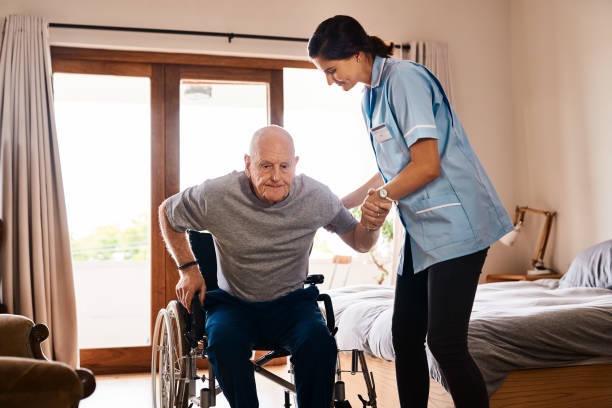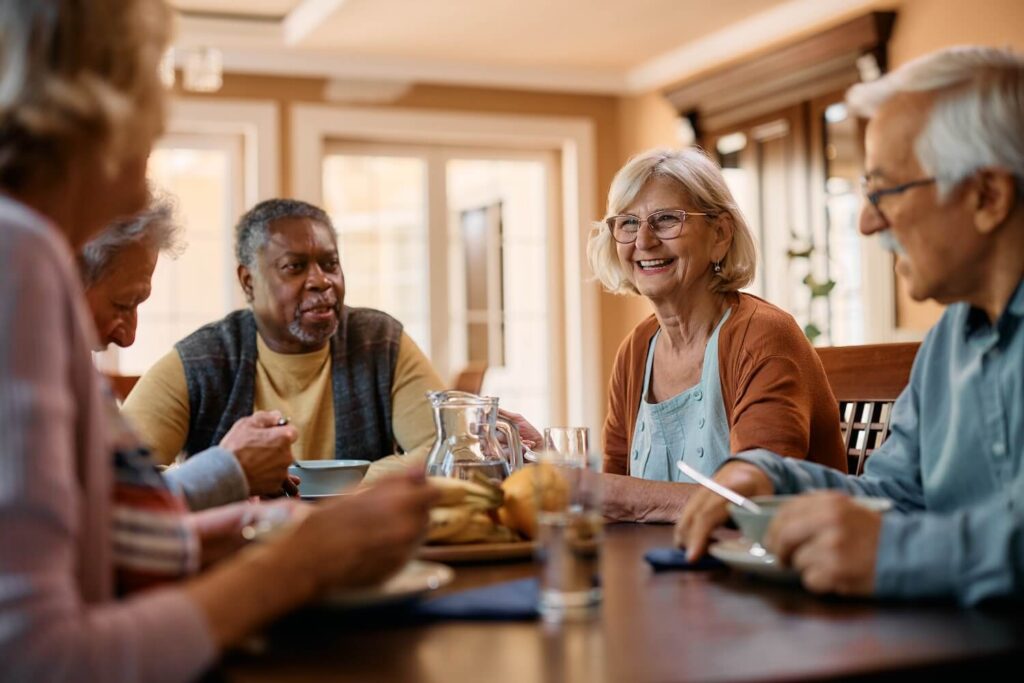As our loved ones age, ensuring their safety at home becomes a paramount concern. Home safety alarms for elderly play a crucial role in providing security and peace of mind for both the elderly and their caregivers. These systems are designed to alert family members or emergency services in case of accidents, falls, or other emergencies, making them an essential addition to any home where seniors reside.

Understanding the Importance of Home Safety Alarms
The primary purpose of home safety alarms is to ensure that elderly individuals can live independently while maintaining their safety. In recent years, there has been an increase in the development of advanced alarm systems that cater specifically to the needs of seniors. These systems often include features such as fall detection, emergency buttons, and remote monitoring capabilities.
Types of Home Safety Alarms
There are several types of home safety alarms available, each designed to address specific safety concerns. Some of the most common types include:
- Fall Detection Alarms: These alarms use sensors to detect falls and automatically alert caregivers or emergency services.
- Medical Alert Systems: Equipped with emergency buttons, these systems allow seniors to call for help with a simple push of a button.
- Fire and Carbon Monoxide Alarms: Essential for detecting fires and gas leaks, these alarms provide an added layer of protection.
Features to Look for in Home Safety Alarms
When choosing a home safety alarm system for an elderly individual, there are several features to consider:
- Ease of Use: The system should be simple enough for seniors to use without any complications.
- 24/7 Monitoring: Continuous monitoring ensures that help is always available when needed.
- Wireless Connectivity: Wireless systems are often easier to install and can be more reliable in emergency situations.
How Home Safety Alarms Benefit Caregivers
For family caregivers, home safety alarms offer reassurance that their loved ones are safe even when they are not present. These systems can also reduce stress and anxiety, allowing caregivers to focus on other aspects of their lives. Moreover, many alarm systems provide real-time alerts and updates, enabling caregivers to respond quickly in case of an emergency.
Integrating Alarms with Smart Home Technology
Modern home safety alarms can often be integrated with smart home technology, providing additional benefits such as remote monitoring and automation. For instance, systems that connect to devices like Alexa can offer voice-activated assistance, making it easier for seniors to control their environment and request help when needed. Learn more about these integrations on voice-activated devices for seniors.
Cost Considerations for Home Safety Alarms
The cost of home safety alarms can vary significantly depending on the features and services offered. Basic systems may be relatively inexpensive, while more advanced systems with additional features and monitoring services can be more costly. Its important to weigh the benefits of each system against its cost to find the best option for your needs.
Choosing the Right Alarm System
When selecting a home safety alarm for an elderly loved one, consider factors such as their specific health needs, the layout of their home, and their personal preferences. Consulting with a professional can also help you make an informed decision that prioritizes safety and comfort.
Real-Life Success Stories
There are countless examples of how home safety alarms have made a difference in the lives of elderly individuals and their families. These systems have helped detect medical emergencies, provide timely assistance, and prevent potential disasters, ultimately contributing to a safer living environment.
Future Trends in Home Safety Alarms
As technology continues to advance, the capabilities of home safety alarms are expected to grow. Future systems may include more sophisticated sensors, improved connectivity, and enhanced integration with other smart home devices. These innovations will further enhance the safety and independence of elderly individuals.
Additional Resources
For more information on how to improve home safety for the elderly, consider exploring resources such as home renovation tips for elderly or aging in place from the National Institute on Aging.

FAQs
What types of home safety alarms are best for elderly individuals?
It depends on their specific needs, but fall detection alarms, medical alert systems, and fire alarms are often recommended.
Can home safety alarms be integrated with other smart home devices?
Yes, many modern alarm systems can be integrated with smart home devices for added convenience and security.
Are home safety alarms expensive?
The cost varies depending on the features and services offered. Its important to compare options to find a system that fits your budget and needs.
This article contains affiliate links. We may earn a commission at no extra cost to you.






